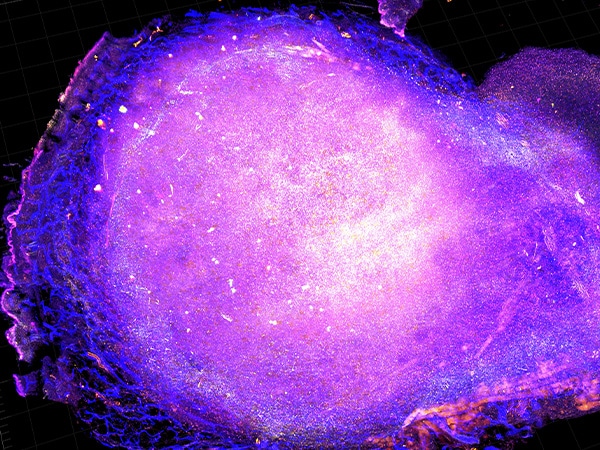New Immuotherapeutic Approved for Rare Skin Cancer
The U.S. Food and Drug Administration decision makes avelumab the first-ever approved treatment for metastatic Merkel cell carcinoma.

The U.S. Food and Drug Administration (FDA) recently announced the first-ever approval of a treatment for patients with a rare, aggressive form of skin cancer called Merkel cell carcinoma – the immunotherapeutic avelumab (Bavencio).
With the approval, avelumab can be used for the treatment of adults as well as children age 12 or older with metastatic Merkel cell carcinoma, regardless of whether or not they have previously received chemotherapy for metastatic disease.
Merkel cell carcinoma is a rare and aggressive form of skin cancer. According to the National Institutes of Health, there are only about 1,500 cases diagnosed each year in the United States. However, incidence rates have been rising over the past few decades.
“Patients with metastatic Merkel cell carcinoma are usually treated with chemotherapy, but the cancer nearly always recurs within six months, at which point life expectancy is only about three to six months,” said Howard L. Kaufman, MD, a surgical oncologist at Rutgers Cancer Institute of New Jersey in New Brunswick, New Jersey, who presented data from the clinical trial that led to the avelumab approval at the AACR Annual Meeting 2017.
Dr. Kaufman also explained that avelumab targets the PD-L1 protein and that the rationale for treating patients with Merkel cell carcinoma with the immunotherapeutic came from studies showing that PD-L1 is found on tumor samples from nearly all patients with this form of cancer.
The approval of avelumab for metastatic Merkel cell carcinoma was based on results from the JAVELIN Merkel 200 phase II clinical trial, according to the FDA announcement. In brief, the results showed that 33 percent of the 88 patients who received avelumab had complete or partial shrinkage of their tumors. The agency also noted that responses lasted for more than six months in 86 percent of responding patients and more than 12 months in 45 percent of responding patients.
During his AACR Annual Meeting 2017 presentation, Dr. Kaufman provided additional data from the trial, showing that after a median follow-up of 16.4 months, 10 of the 29 patients to have had a response to avelumab treatment had a complete response and 19 had a partial response. He also noted that at the time of data cutoff, which was Sept. 3, 2016, 21 of the responses were ongoing and that 74 percent of the responses are expected to last one year or longer.
Read more about the development of PD-1? and PD-L1?targeted immunotherapeutics as a treatment for Merkel cell carcinoma and how avelumab transformed the life of Carrie Best, a school psychologist for special needs students who was left without treatment options for her Merkel cell carcinoma in early 2014, in a post on the AACR’s official blog, CANCER RESEARCH Catalyst.
The FDA approval was rendered on March 23, 2017.
